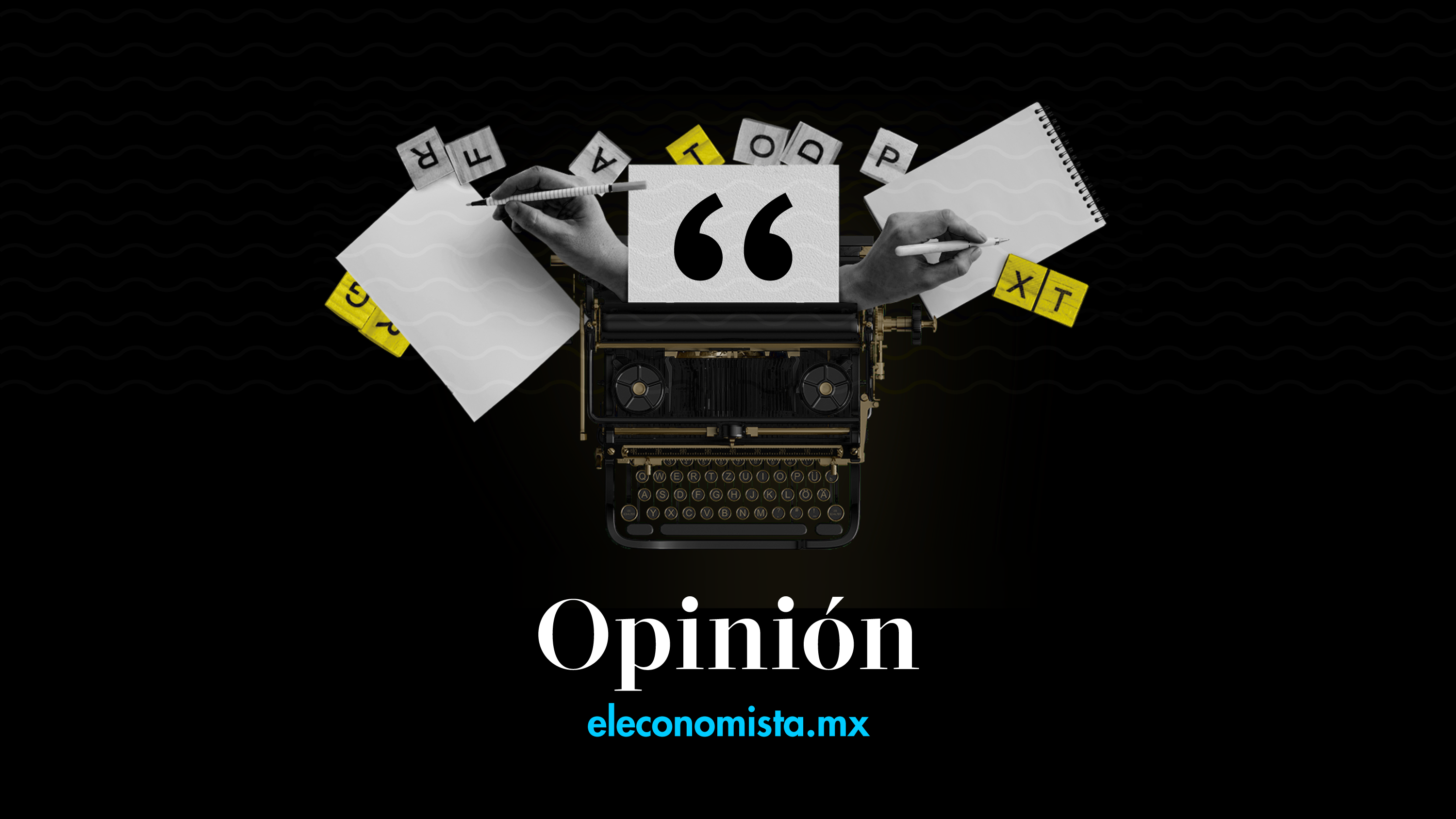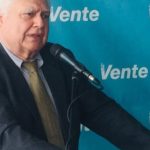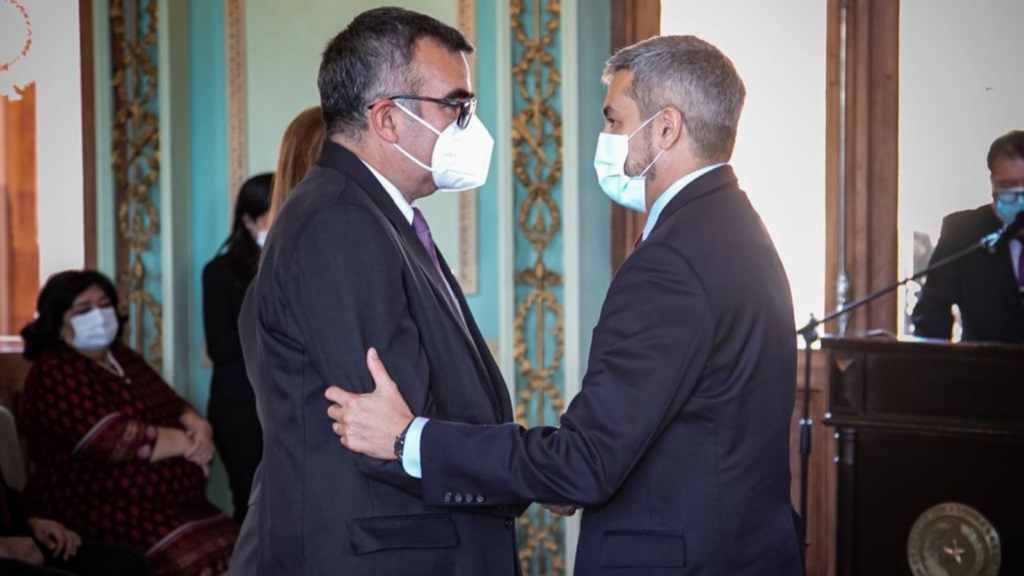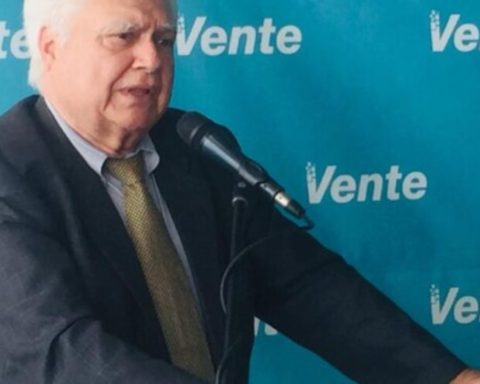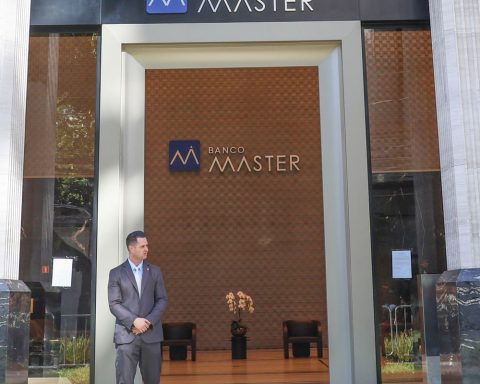“What I tell the opposition is that they read the law to avoid ridicule,” said deputy Ignacio Mier, head of Morena’s caucus in the Chamber of Deputies. “Then they don’t read. I have always told them: reading does not hurt, ”he finished sarcastically. His words betray a spare style and reveal a certain contempt for the parliamentary opposition.
Deputy Mier was referring to the statements made by the PAN, PRI and PRD deputies with which they made it known that they would challenge the “interpretative decree” approved by the ruling majority in San Lázaro, an initiative to limit the concept of government propaganda to campaigns of communication “charged to the public budget”.
The measure seeks to legally enable public servants so that, during electoral campaigns or recall processes, they can disseminate government achievements and try to obtain support for government actions on their social networks, press conferences or political events, with the The only restriction is to refrain from using budget resources.
In the short term, the pro-government majority intends to allow the governors, legislators and mayors of Morena to join the campaign “keep AMLO going” as part of the mandate revocation process promoted by President López Obrador himself. In the longer term, the initiative opens the door to the flow of private resources to campaigns to position municipal presidents, governors and the President of the Republic in public opinion for a variety of political purposes.
There is one thing in which Deputy Mier may be right, albeit unintentionally. The opposition did not have time to review the interpretative decree initiative. The official majority in the Chamber of Deputies, made up of Morena, the Labor Party and the Green Party, suspended the parliamentary process. It determined that the initiative was of “obvious and urgent resolution” and, without the prior study of a legislative commission, submitted it to a vote in plenary.
The interpretive decree still needs to go through the Senate and be sent to the President of the Republic for promulgation. For now, Morena’s spokesperson in the Senate has announced that the initiative will be approved on a fast track basis. Morena has the votes to get it. President López Obrador, for his part, has no incentive to stop this legislative outburst.
Haste, however, is a bad adviser. Despite the rudeness of deputy Mier, the approved initiative hardly passes the constitutional control. In the first place, article 105 of the Magna Carta imposes a legislative ban on electoral matters in order to prevent majorities in Congress from changing the rules in the middle of the game. The revocation of the mandate and the electoral processes in six states began some time ago, with known norms that cannot be changed at the convenience of the party in government.
The Morena deputies who promoted the initiative are convinced that, being an interpretive decree and not a legal reform, their initiative is not subject to the legislative ban of constitutional 105. However, the precedents of the Electoral Tribunal of the Judicial Power of the Federation (TEPJF) point in the opposite direction. Regulatory changes, even without being laws in the formal sense, can be considered “fundamental legal changes” that are prohibited once an electoral process begins.
A second problem has to do with confusion, perhaps caused by Morena’s obsession with the INE. The interpretive decree does not change criteria issued in the administrative headquarters, but by authorities empowered to interpret the Constitution. They are precedents established in the exercise of constitutionality control by the TEPJF and the Supreme Court of Justice of the Nation itself; res judicata that cannot be modified with a mere interpretative decree.
*Professor at CIDE.
Twitter: @BenitoNacif
Professor
particular vote
Dr. Benito Nacif is a professor in the Political Studies Division of the Center for Economic Research and Teaching (CIDE). He was Electoral Counselor of the National Electoral Institute (INE) from 2014 to 2020 and of the Federal Electoral Institute (IFE) from 2008 to 2014.
